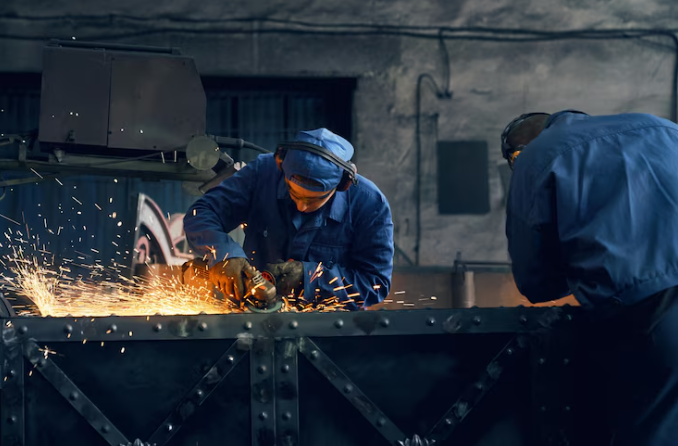steel fitter
Steel fitters play a critical role in the construction and manufacturing industries, focusing on assembling, installing, and repairing steel structures and components. Their work involves interpreting blueprints and technical drawings to accurately position and secure steel beams, columns, and reinforcements. Steel fitters use a variety of tools and equipment, including welding machines, grinders, and drills, to ensure precise fitting and alignment. They must adhere to safety standards and regulations to prevent accidents and ensure structural integrity. This role often requires working at heights and in challenging environments, such as construction sites or industrial plants. Steel fitters must be physically strong and capable of handling heavy materials. Attention to detail and strong problem-solving skills are crucial for successful installation and repair. The job may involve collaboration with other tradespeople and engineers. Steel fitters contribute significantly to the stability and durability of buildings and infrastructure.


steel fitterSkills
- Blueprint Reading: Ability to interpret technical drawings and blueprints for accurate installation.
- Welding Proficiency: Skill in welding and cutting steel components as needed.
- Tool Use: Competence in using various hand and power tools for fitting and assembly.
- Attention to Detail: Ensuring precise measurements and alignment of steel structures.
- Physical Strength: Capability to handle and maneuver heavy steel materials.
- Problem-Solving: Ability to address and resolve installation issues effectively.
steel fitter salary
- Entry-Level Salaries: Typically between $40,000 and $50,000 annually.
- Experience-Based Salaries: Can increase to between $50,000 and $65,000 per year.
- Highly Experienced or Specialized Fitters: May earn between $65,000 and $80,000.
- Geographic Location: Urban areas or high-demand regions often offer higher salaries.
- Additional Compensation: Might include overtime pay or project-based bonuses.
- Benefits: Often include health insurance, retirement plans, and paid time off.

